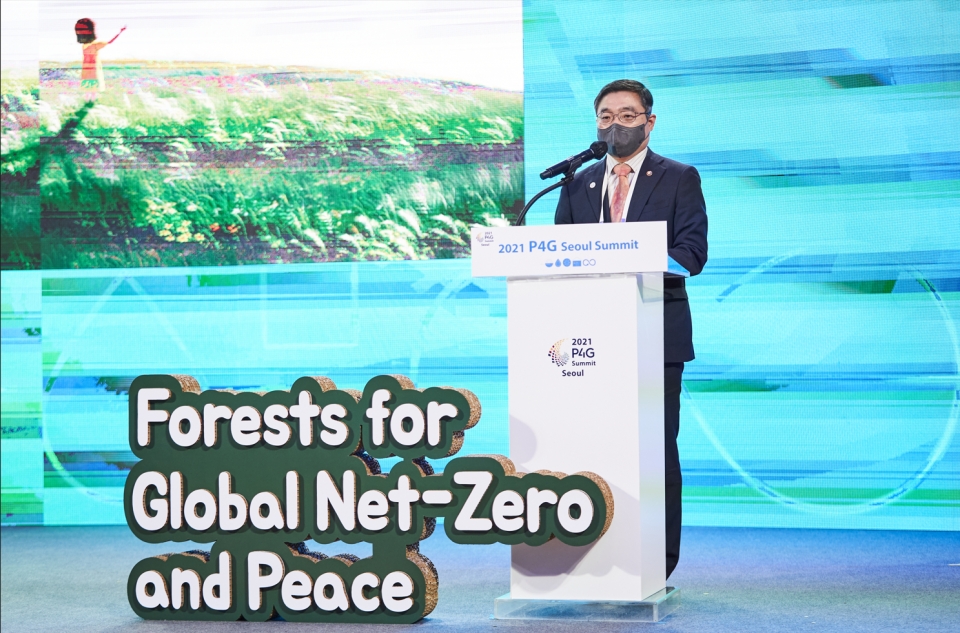The Korea Forest Service (KFS), a central administrative agency under the Ministry of Agriculture, Food and Rural Affairs (MAFR), plays a vital role in protecting and fostering forests, expanding forest resources, developing forest products, and conducting research on forest management and improvement. Headquartered in the Daejeon Government Complex, the KFS has a rich history and a crucial mandate to ensure the sustainable development of Korea's forest ecosystems.
Originally established under the Ministry of Home Affairs during the national forestation campaign from 1973 to 1986, the KFS was later transferred back to the Ministry of Agriculture, Forestry, and Fisheries in 1987. Although there were brief periods where questions arose regarding the agency's necessity, its primary focus on maintaining and managing successful national forestation policies has solidified its importance over time. Today, the KFS has evolved its mission to generate continuous income through sustainable forest resource management.

One of the significant potentials for the KFS lies in its role in the event of future North-South unification. With the presence of abundant mountains in North Korea, there is an expectation that regional forest offices will expand to promote afforestation projects centered around Mount Mindungsan. This expansion would contribute to environmental preservation, economic growth, and regional development.
The KFS operates under the overarching responsibility of establishing and implementing forest policies and laws. Its organizational structure comprises five bureaus and twenty-five divisions, each focusing on specific areas related to forestry management and conservation. Furthermore, the KFS has affiliate agencies such as the Forest Aviation Headquarters, the National Institute of Forest Science, the National Arboretum, and the National Recreation Forest Office. Additionally, local forestry administrative organizations exist in each province and metropolitan city.
Aligned with Korea's national vision of "Low Carbon Green Growth", the KFS plays a crucial role in realizing this ambitious goal. Recognizing forests as essential carbon sinks, the KFS actively contributes to combating climate change. In 2009 alone, Korean forests sequestered 43 million tons of carbon dioxide, accounting for 7% of the country's total carbon emissions. The KFS is actively involved in developing green technologies, including bioenergy and the industrialization of forest bio-resources, to promote sustainable practices and contribute to the nation's green growth initiatives.

The KFS also focuses on improving the public's quality of life by providing recreational forests, healing forests, mountaineering services, and expanding urban green spaces. These forest policies have not only contributed to environmental well-being but also played a role in revitalizing the Korean economy during challenging times, such as the IMF crisis, by creating green jobs through forest tending projects.
Korea's successful forest rehabilitation projects have gained international recognition, positioning the country as a global leader in addressing climate change and supporting sustainable development. As a responsible member of the international community, Korea actively engages in cooperation projects for forest rehabilitation in developing countries, bridging the gap between developed and developing nations.


With a vision of productive forests that create jobs, welfare-enhancing forests that everyone can enjoy, and ecological forests where humans and nature coexist harmoniously, the KFS continues to work tirelessly toward achieving its forest policy objectives. By nurturing and preserving Korea's valuable forest resources, the KFS is paving the way for a sustainable future and positioning Korea as a model nation for green growth.
More info: Korea Forest Service


